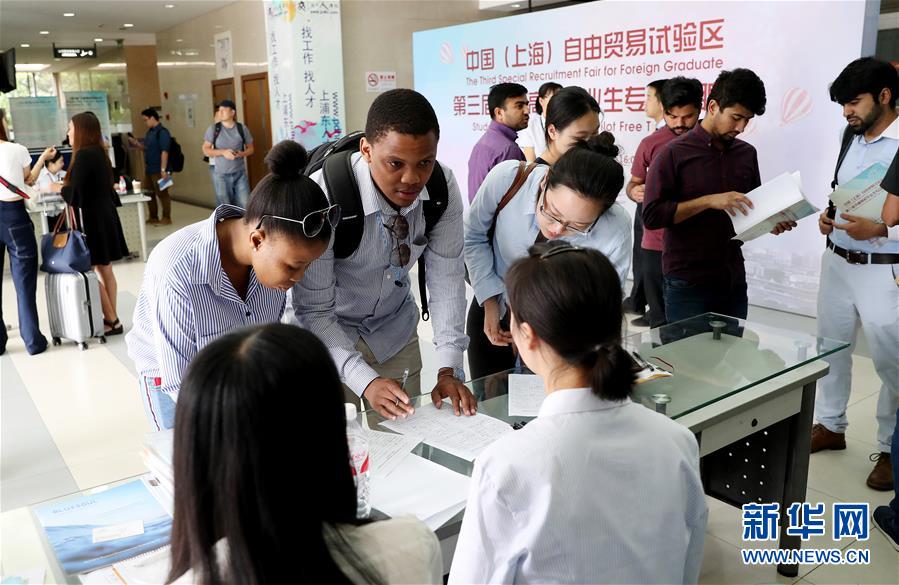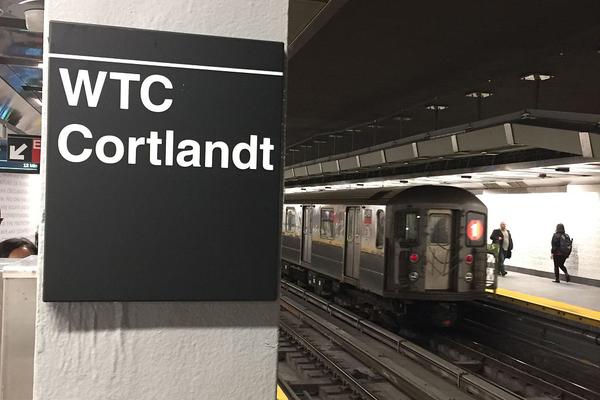After it looked to be ebonyputting our self-driving dreams on hold (for a moment, at least), Google parent company Alphabet has revealed its real plans for driverless cars. The project, previously one of the major endeavors of Google X, is getting spun out into its own independent company.
Dubbed Waymo, the new company will continue development of the autonomous-driving tech that has been in the works at Google for the last eight years. According to a Medium post from the new company's CEO, John Krafcik, Google prototypes have spent the equivalent of 300 years of time driving on roads since 2009 — data Waymo will build on as it continues to move toward its goal of making fully autonomous cars a reality.
SEE ALSO: Google's data centers, offices will use 100% renewable energy in 2017Waymo's first announcement was about completing its first fully, completely self-driven ride -- one where the passenger rode in the autonomous care with no test driver on board, which took place last year in Austin, Texas. The ride was captured on video:
Waymo will continue to hone the self-driving tech by logging miles in Austin and the three other cities in which the project has been active: Mountain View, California; Kirkland, Washington and Metro Phoenix, Arizona.
Like previous Alphabet spin-offs, Waymo's "graduation" to an independent company brings with it more freedom and pressure. The company is free to make deals and move forward as a stand-alone business, although it will need to justify itself financially, at least in the long run. One of Waymo's stated goals is to "commercialize this technology and build products that can help millions of people," according to press materials.
"Our next step as Waymo will be to let people use our vehicles to do everyday things like run errands, commute to work, or get safely home after a night on the town," wrote Krafcik.
 Original image has been replaced. Credit: Mashable
Original image has been replaced. Credit: Mashable Earlier on Tuesday, Bloomberg reported that "people familiar with the matter" claim the tech giant is planning a minivan ride-sharing service with Fiat Chrysler Automobiles (FCA), to debut as early as the end of 2017. That makes sense since Google and FCA partnered earlier this year with autonomous technology in mind, adding 100 Chrysler Pacifica Hybrids to the Google fleet.
When reached by Mashable, Google reps had no comment about that report.
Through these moves, Alphabet is ramping up its efforts to change transportation as we know it today. With autonomous cars and a fleet of shared vans, it looks like the concept of "driving" could become a thing of the past.
Topics Self-Driving Cars
(Editor: {typename type="name"/})
 What Prop. 22 could mean for the gig economy nationwide
What Prop. 22 could mean for the gig economy nationwide
 Facebook pauses groups recommendation feature until after election
Facebook pauses groups recommendation feature until after election
 Robocalls, WeChat messages, and more spread misinformation on Election Day
Robocalls, WeChat messages, and more spread misinformation on Election Day
 UGREEN Nexode 25000mAh 200W power bank drops to $79.99 at Amazon
UGREEN Nexode 25000mAh 200W power bank drops to $79.99 at Amazon
NYT Connections Sports Edition hints and answers for May 19: Tips to solve Connections #238
 Connections: Sports Editionis a new version of the popular New York Times word game that seeks to te
...[Details]
Connections: Sports Editionis a new version of the popular New York Times word game that seeks to te
...[Details]
This guy's amazing Tinder profile is a PowerPoint sales pitch
 If your Tinder profile doesn't look like a PowerPoint slide, you're not doing it right.Niket Biswas,
...[Details]
If your Tinder profile doesn't look like a PowerPoint slide, you're not doing it right.Niket Biswas,
...[Details]
'Baby Shark' is now the most watched YouTube video of all time
 Where were you when you first heard "Baby Shark"? When did those "doo doo doo doo doo dooos" first p
...[Details]
Where were you when you first heard "Baby Shark"? When did those "doo doo doo doo doo dooos" first p
...[Details]
Can you name the 3 branches of government? This meme offers up some, uh, creative answers.
 We're all a bit exhausted and stressed right now, especially if you're sitting glued to Twitter.As w
...[Details]
We're all a bit exhausted and stressed right now, especially if you're sitting glued to Twitter.As w
...[Details]
Sabalenka vs. Svitolina 2025 livestream: Watch Madrid Open for free
 TL;DR:Live stream Sabalenka vs. Svitolina in the 2025 Madrid Open for free on RTVE. Access this free
...[Details]
TL;DR:Live stream Sabalenka vs. Svitolina in the 2025 Madrid Open for free on RTVE. Access this free
...[Details]
Driverless race car sums up 2020 by swerving into a wall for no reason
 With a brain-melting presidential election in just a couple of days, let's take a few minutes to enj
...[Details]
With a brain-melting presidential election in just a couple of days, let's take a few minutes to enj
...[Details]
The internet attempts to comprehend Trump's unhinged press conference
 "What just happened" is now a common question people ask themselves after hearing the President of t
...[Details]
"What just happened" is now a common question people ask themselves after hearing the President of t
...[Details]
Watch a great white shark jump out of the water and steal a fisherman's catch
 Great white sharks ripped away the catches of two fishing expeditions in Cape Cod Bay this weekend.
...[Details]
Great white sharks ripped away the catches of two fishing expeditions in Cape Cod Bay this weekend.
...[Details]
Episode 4: The Wave of the Future
 Whale Vomit
...[Details]
Whale Vomit
...[Details]
80 totally benign things Trump condemned more harshly than neo
 Today was the day Donald Trump read off a teleprompter.After Trump came under fire from nearly every
...[Details]
Today was the day Donald Trump read off a teleprompter.After Trump came under fire from nearly every
...[Details]
Best keyboard deals: Save on Asus gaming keyboards at Amazon

Amber Heard serves sweet, sweet revenge on politician who kicked her dogs out of Australia

接受PR>=1、BR>=1,流量相当,内容相关类链接。